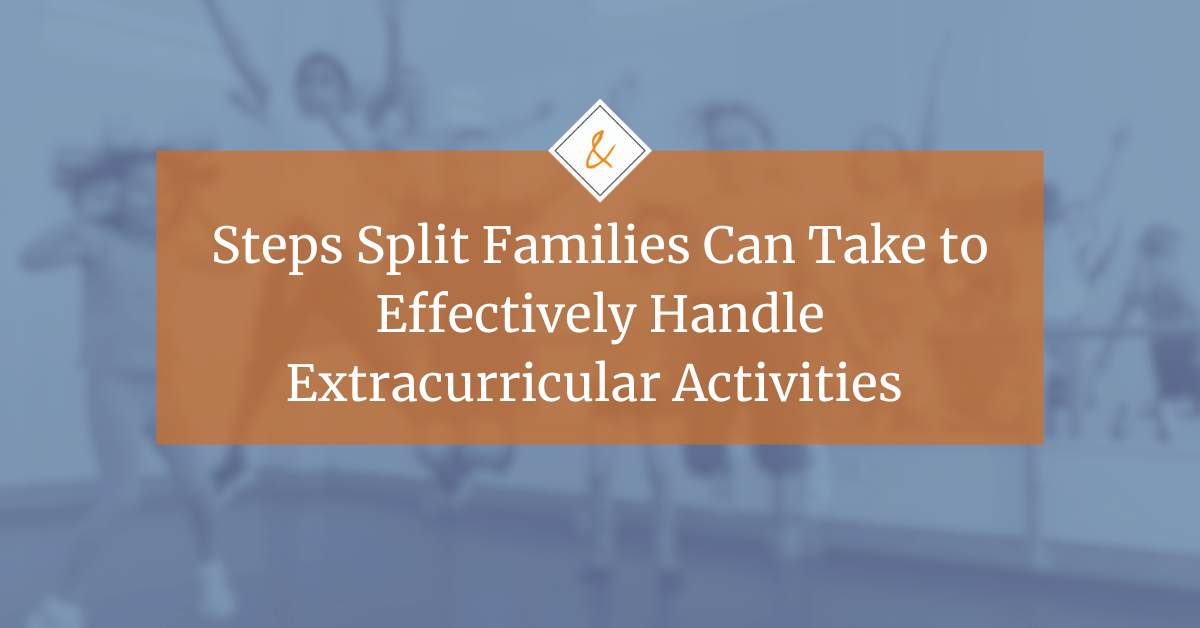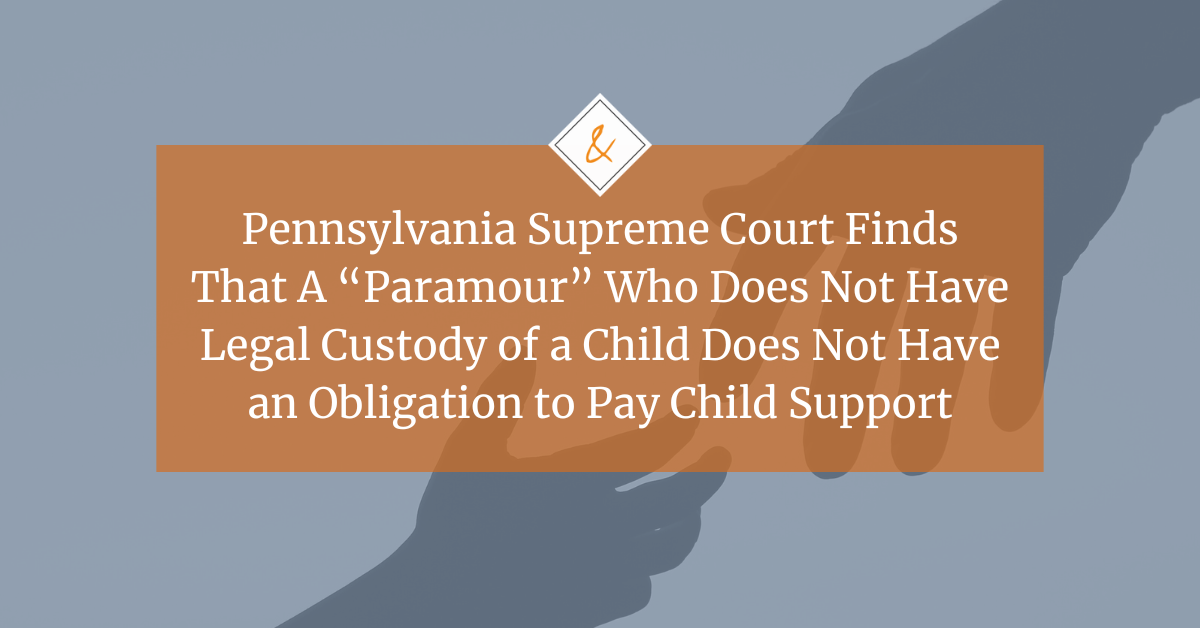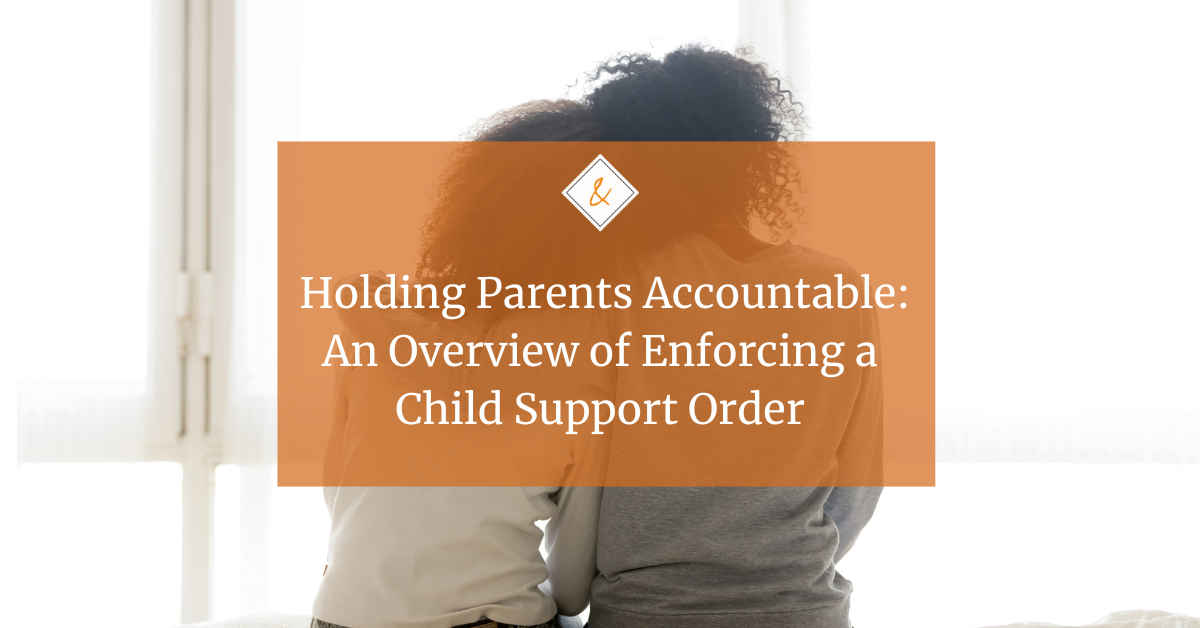The overwhelming scientific evidence supports a finding that vaccination of children is in their best interests, unless the child’s medical condition contraindicates vaccination. The reports generated after public-agency research and investigation, establish that the benefits associated with vaccination far outweigh any dangers. The Unites States Department of Health and Human Services and the Centers for Disease Control advise that vaccine side effects are, for the most part, minor and caution that a decision not to immunize a child could put the child and others who come into contact with the child at risk of contracting a potentially dangerous disease.
However, despite the overwhelming scientific evidence, parents may take the position that they do not want their children vaccinated. If they come to this decision jointly and agree, Pennsylvania law permits them to opt out of the immunizations required by schools in the Commonwealth. Pennsylvania gives parents the option of opting out of having their children immunized in two cases: (1) the child’s physician determines that the immunization will be detrimental to the child’s health or (2) the parent objects on religious grounds or on the basis of a strong moral or ethical conviction similar to a religious belief.
Section 23.84, Exemption from Immunization, provides:
- (a) Medical exemption. Children need not be immunized if a physican or the physician’s designee provides a written statement that immunization may be detrimental to the health of the child. When the physician determines that immunization is no longer detrimental to the health of the child, the child shall be immunized according to this subchapter.
- (b) Religious exemption. Children need not be immunized if the parent, guardian or emancipated child objects in writing to the immunization on religious grounds or on the basis of a strong moral or ethical conviction similar to a religious belief.
22 Pa. Code§ 23.84.
However, if parents cannot agree and one parent refuses to allow the children to be vaccinated, court intervention may be necessary. In Pennsylvania, both parents generally share legal custody of their children. “Legal custody” is defined as “[t]he right to make major decisions on behalf of the child, including, but not limited to, medical, religious and educational decisions.” The issue of vaccinating children is a major medical decision for which both parties should confer and agree.
But alas, often when custody of children is involved, parents simply cannot agree and they then must leave the decision to the court. Faced with (1) one parent’s objection to vaccinating the children based on his or her religious beliefs or strong moral or ethical conviction, and (2) making a decision that is in the children’s best interests given the overwhelming scientific evidence that the benefit of vaccination far outweighs any minimal risk, a court will likely rule that the children should be vaccinated unless substantial and compelling evidence is offered in favor of non-vaccination.



